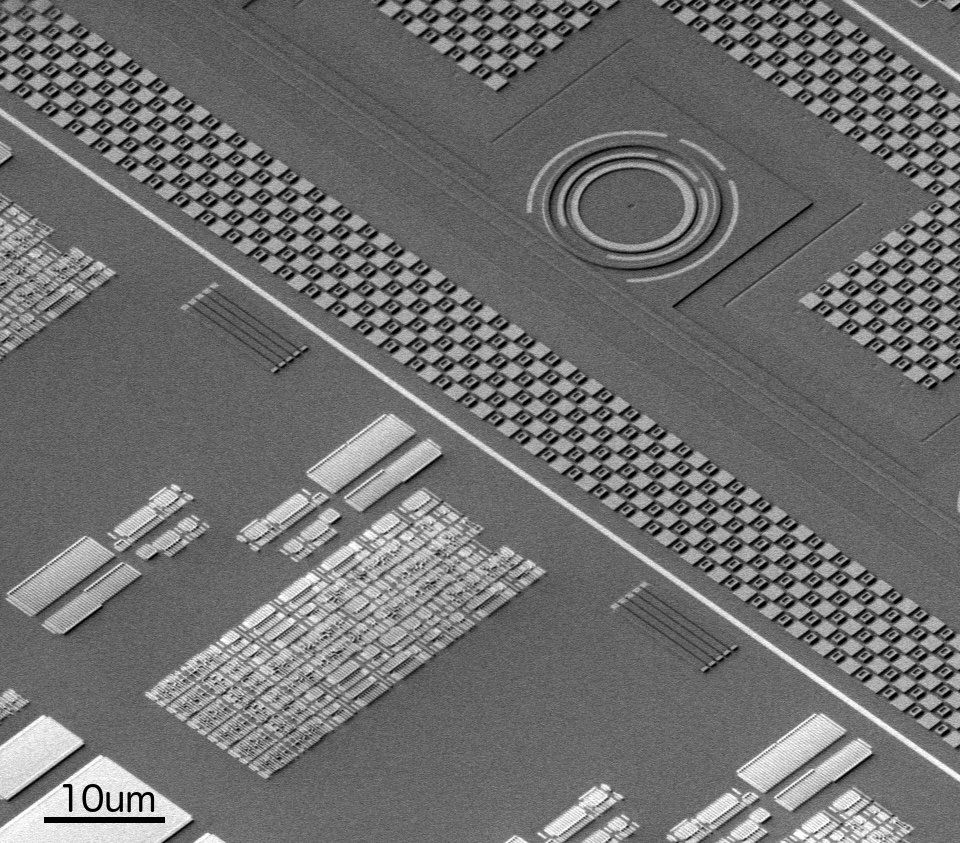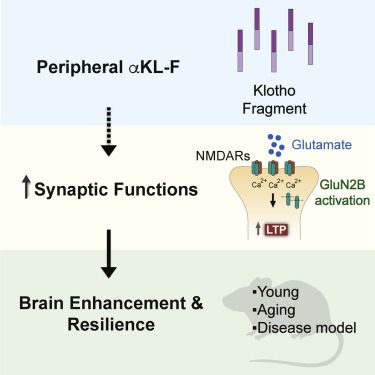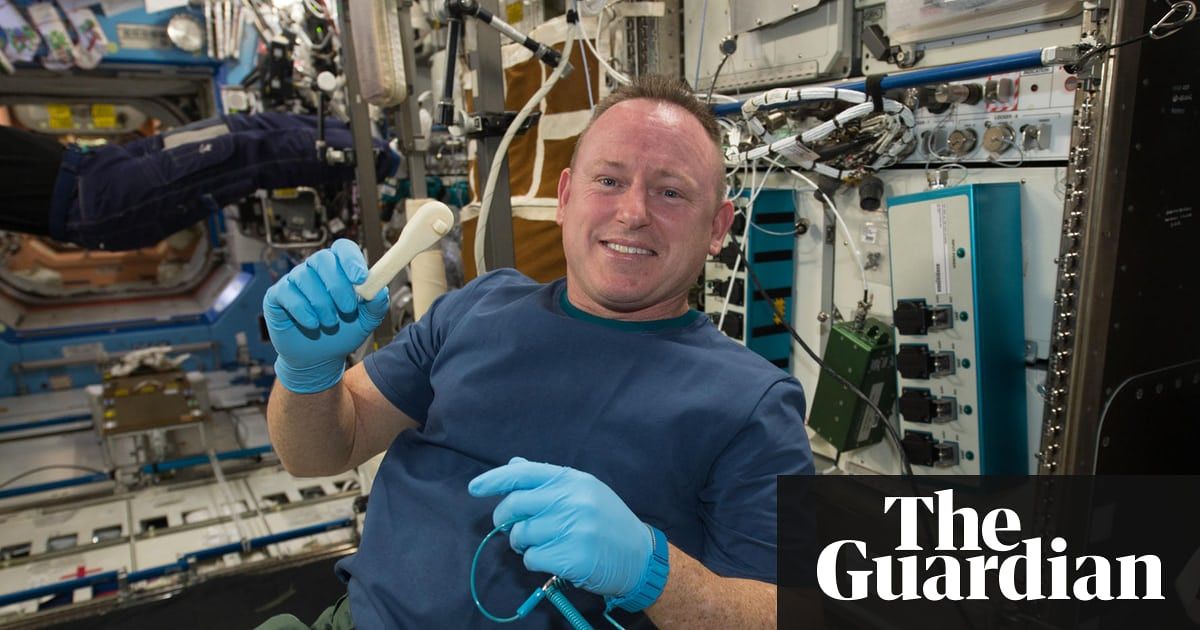
A new microchip technology capable of optically transferring data could solve a severe bottleneck in current devices by speeding data transfer and reducing energy consumption by orders of magnitude, according to an article published in the April 19, 2018 issue of Nature.
Researchers from Boston University, Massachusetts Institute of Technology, the University of California Berkeley and University of Colorado Boulder have developed a method to fabricate silicon chips that can communicate with light and are no more expensive than current chip technology. The result is the culmination of a several-year-long project funded by the Defense Advanced Research Project Agency that was a close collaboration between teams led by Associate Professor Vladimir Stojanovic of UC Berkeley, Professor Rajeev Ram of MIT, and Assistant Professor Milos Popovic from Boston University and previously CU Boulder. They collaborated with a semiconductor manufacturing research team at the Colleges of Nanoscale Science and Engineering (CNSE) of the State University of New York at Albany.
The electrical signaling bottleneck between current microelectronic chips has left light communication as one of the only options left for further technological progress. The traditional method of data transfer-electrical wires-has a limit on how fast and how far it can transfer data. It also uses a lot of power and generates heat. With the relentless demand for higher performance and lower power in electronics, these limits have been reached. But with this new development, that bottleneck can be solved.
Continue reading “Researchers illuminate the path to a new era of microelectronics” »


















